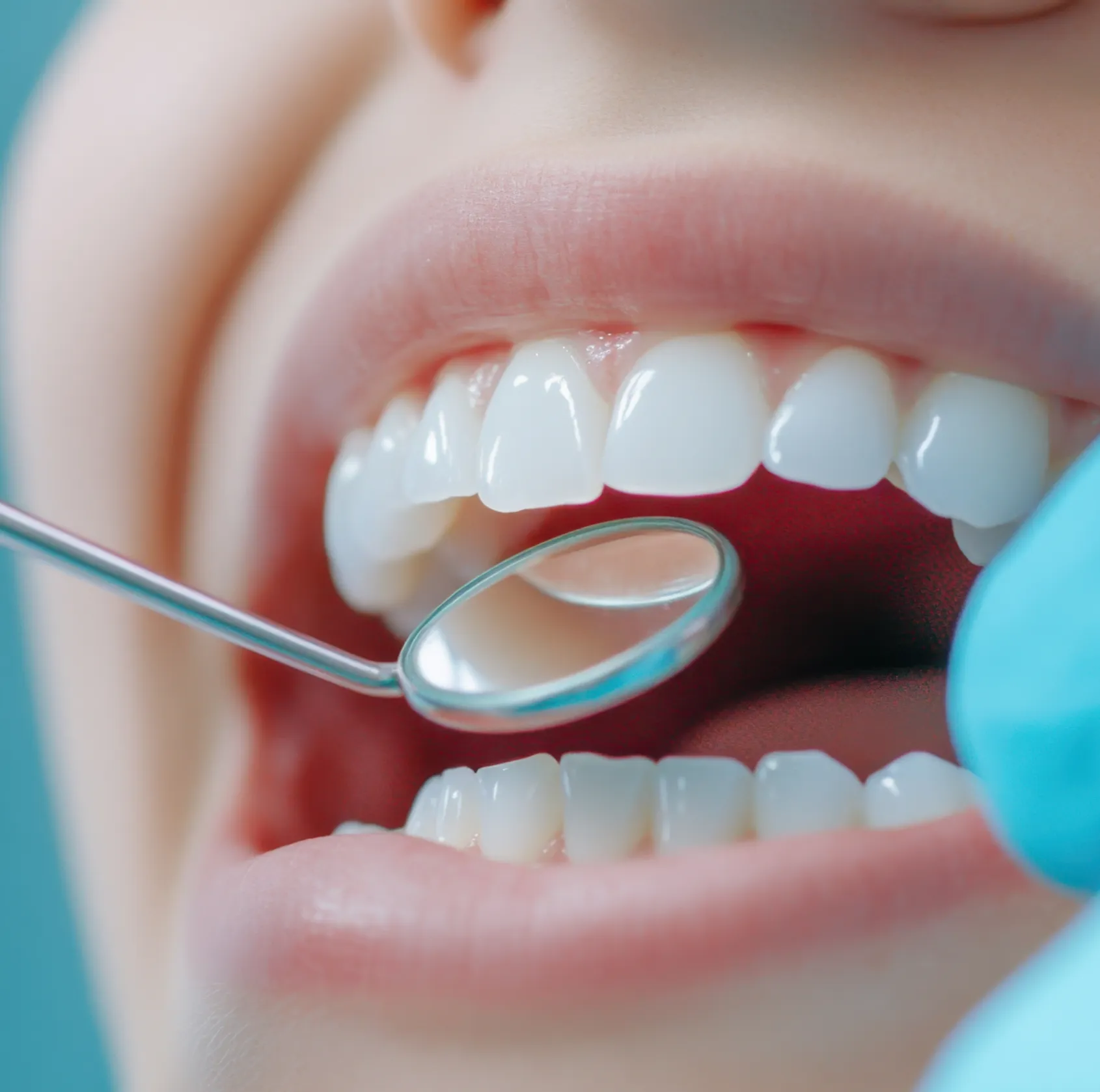.svg)
We understand that the thought of a dental extraction can cause anxiety, but sometimes it’s necessary to protect your overall oral health. Whether it's due to tooth decay, overcrowding, or impacted wisdom teeth, our team is here to provide gentle, compassionate care during your extraction procedure.

Dental extractions are often needed when a tooth is damaged beyond repair, is causing crowding, or is impacted (like wisdom teeth). While we always aim to preserve natural teeth, sometimes an extraction is the best option to protect the health of your mouth. At Lansdowne Place Dental, we offer both simple and surgical extractions, depending on the complexity of your case.
We are committed to making the extraction process as easy as possible. We will explain the procedure in detail, answer all your questions, and provide aftercare instructions to ensure you heal quickly and comfortably. Our goal is to help you feel confident and relaxed throughout the process.
Before performing an extraction, Dr. Yoon will thoroughly evaluate your tooth and oral health. We may take X-rays to determine the exact position of the tooth and assess the best approach for extraction. This ensures that the procedure is planned and carried out with precision.
To ensure your comfort during the procedure, we will numb the area surrounding the tooth with a local anesthetic. If necessary, sedation options are also available to help you relax. We want you to feel at ease throughout the entire procedure.
After the extraction, we will provide you with detailed aftercare instructions to ensure proper healing. This may include advice on pain management, diet, and oral hygiene. Most people recover from a tooth extraction within a few days, but we’ll follow up with you to monitor your healing progress.
Dental extractions are usually necessary when a tooth is damaged beyond repair due to decay, infection, or injury. Extractions may also be needed to address overcrowding, impacted teeth, or wisdom teeth problems.
We take every step to ensure you are comfortable during the procedure. A local anesthetic is used to numb the area, so you won’t feel pain during the extraction. For more complex cases, sedation options are available to help you relax.
Recovery time varies depending on the complexity of the extraction. Simple extractions usually heal within a few days, while surgical extractions may take a bit longer. We will provide you with detailed aftercare instructions to ensure a smooth recovery.
You should avoid eating solid foods for the first few hours after your extraction, especially on the side of the mouth where the extraction was performed. After the initial healing period, you can gradually return to your normal diet, but it’s best to avoid hard or crunchy foods until the area has fully healed.
Dental extractions are often covered by most dental insurance plans, especially if the extraction is deemed medically necessary. We recommend checking with your insurance provider to confirm coverage for your specific case.